Your Clinic
SET A LOCATION
Your Clinic
SET A LOCATION
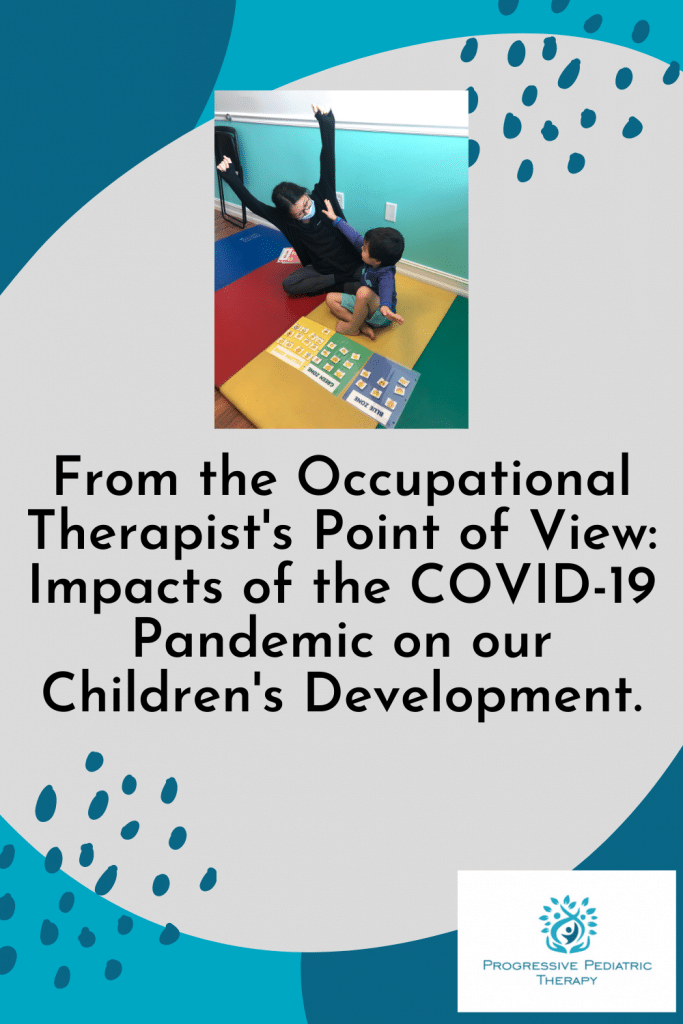
As we enter another year it is important to reflect on the events that happened during 2020. COVID-19 has impacted the world and our children have demonstrated resilience, though new challenges have presented themselves as a result Many parents and children’s routines have changed , including the role of dropping children off at school and going to the place of work, to now acting as part time teachers while also struggling tending to their work from home duties.
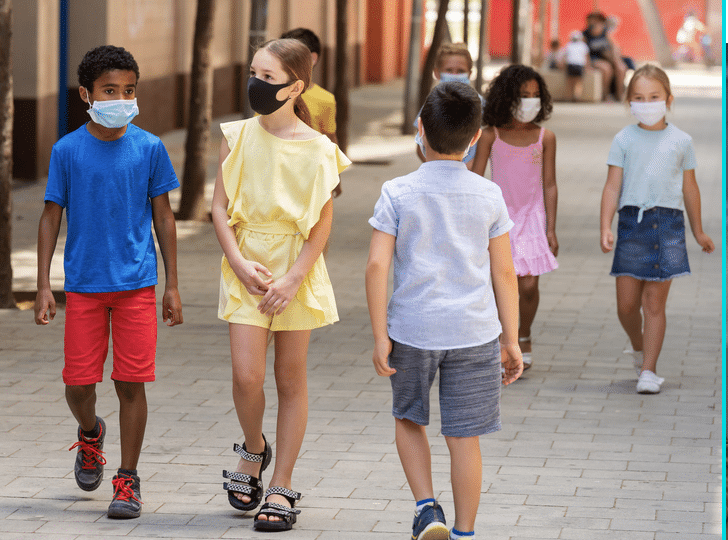
I know from experience how difficult this pandemic was for parents- working teletherapy with a three year old at home- our daily goal was to survive. We were unable to rely on daycare as it was closed, and playgrounds were closed for months too. The only peer interaction my child received was through a screen during Facetime calls to family. As an occupational therapist, I noticed a drastic decline in my own daughter and clients’ attention, fine motor skills, and self regulation skills. Particularly In teletherapy there has been a noticeable decline of handwriting skills, too. Many children are no longer using paper and pencil and are instead working exclusively on the computer every day. Children are not able to be provided as many opportunities to practice writing their letters with a pencil, using their eyes to visualize the boundaries of the paper, or feeling the pencil lead drag across the paper.
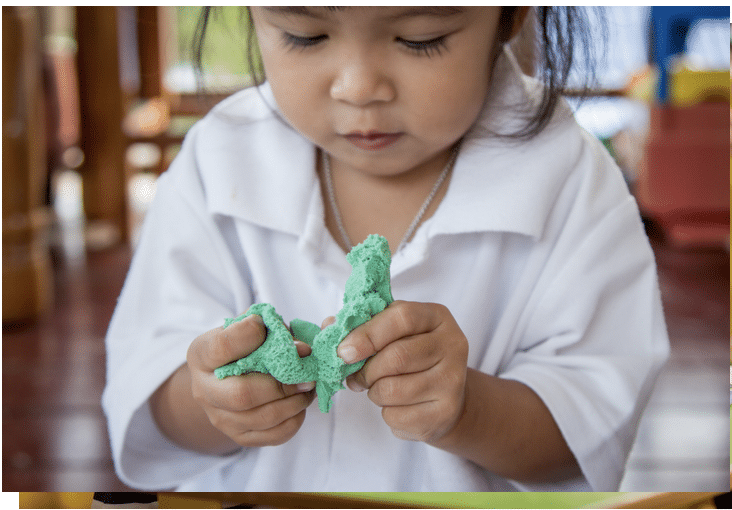
OUR NEW NORMAL : Due to masks, separation from others (social distancing) and constant sanitizing and washing of our hands, our children have seen a decrease in fine motor skills. Because of the inability to share objects as freely between children and the lack of materials available as a result for each child, there is a lack of manipulative hand use for children in the classrooms. Things we took for granted- such as the use of worksheets (instead of all homework on the computer) and the closure of playgrounds for months have impacted the function of our children’s hands. Even as children return to school, we find that it is not safe for our children to share play-doh and hand manipulatives at school or daycare, decreasing the amount input and use our children are having with these important tools. The result of not being able to utilize as many small manipulative items has decreased strengthening necessary for the small muscles located within the hands. Without these opportunities, children have an increasingly difficult time coloring and with handwriting.
From a clinical point of view, as an OT who is currently working in the clinic, we are seeing more and more families arriving for evaluations due to their children’s decline in or lack of appropriate motor development as an effect of Covid-19. Parents have been posed with the challenge of deciding whether to send their children to school to provide more social opportunity, or keep them at home where there is less exposure to the virus. Unfortunately, this also leads to less exposure for social growth, play skills, growth and fine motor skills. Prior to the pandemic, these opportunities were occurring more naturally as children navigated through their lives. For example, a skill such as “joint play” (playing with another peer toward a common goal) was presented in many opportunities in social settings amongst other children their age, where it is now limited to the household with siblings or parents. In addition to all of these development challenges, we also are seeing an increase in anxiety amongst all ages of the population as an effect of this virus.
The reality of it is that we see our families trying their best for their children in all areas of their development. Whether this included being coached through teletherapy or deciding to come back into the clinic; monitoring children in virtual school, or choosing to take the kids back to in-person classes. As therapists, we believe that children’s brains are neuroplastic and synapses are still forming like rapid fire everyday, their drive is resilient, and regardless of the challenges 2020 faced, we expect to see children playing, socializing and developing stronger than ever. Thank you for all you do PPT families, as we navigate through these challenges, we see you and are here with you!
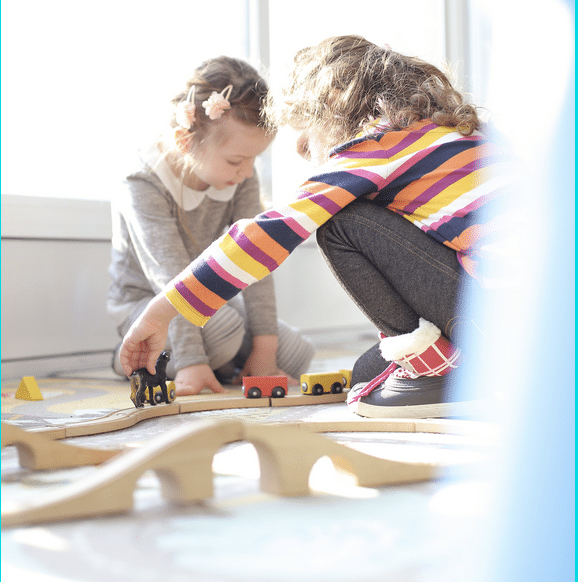
“”Joint play”: playing with another peer toward a common goal.”
– Tara Ghorbani, OTR/L
Do you have other concerns regarding your child’s development? Click here to read more from one of our speech therapists about how COVID-19 has impacted speech development in children.
Read more on this topic here: National Institute of Health for the benefits of joint play on cognitive and motor development for toddlers.


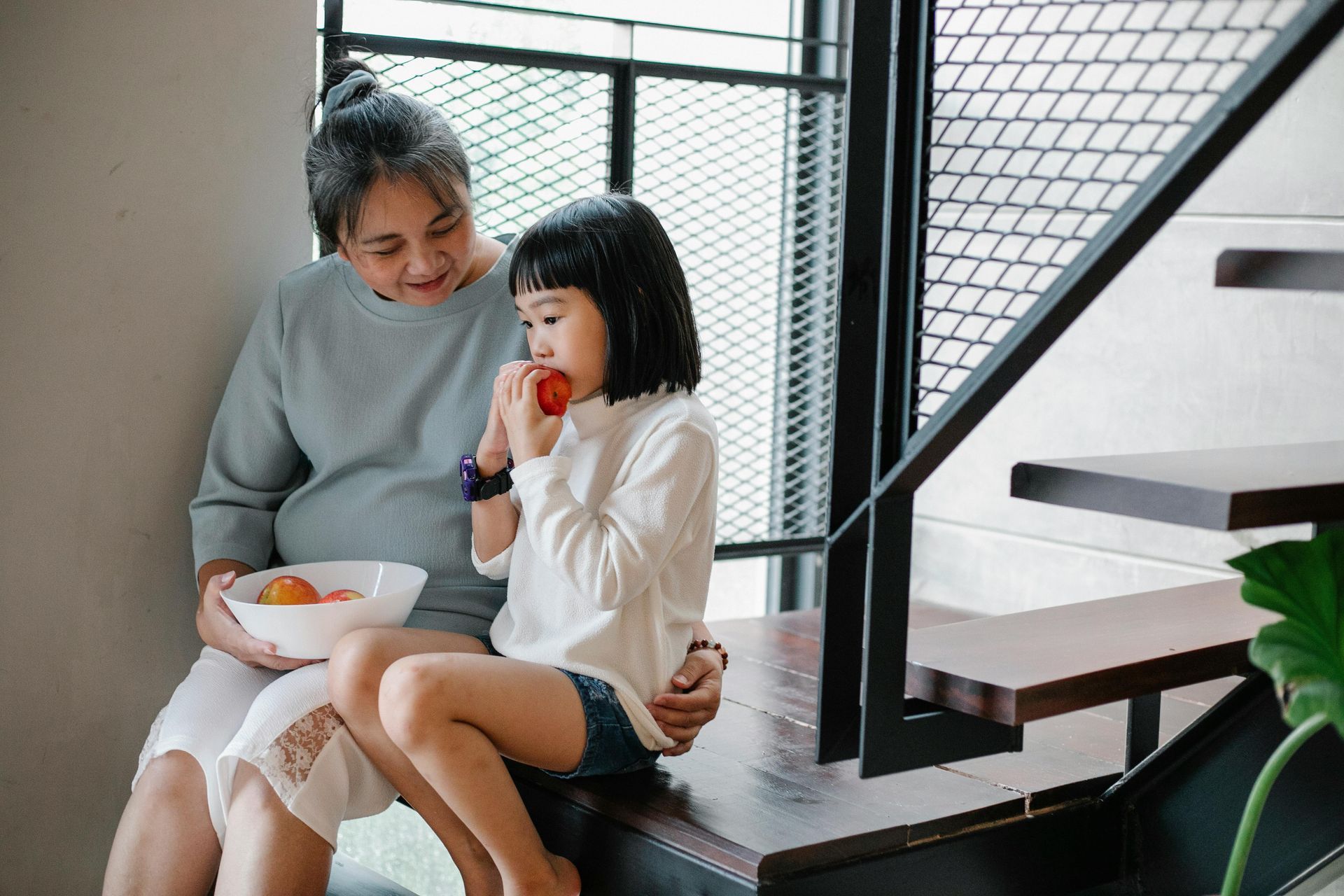
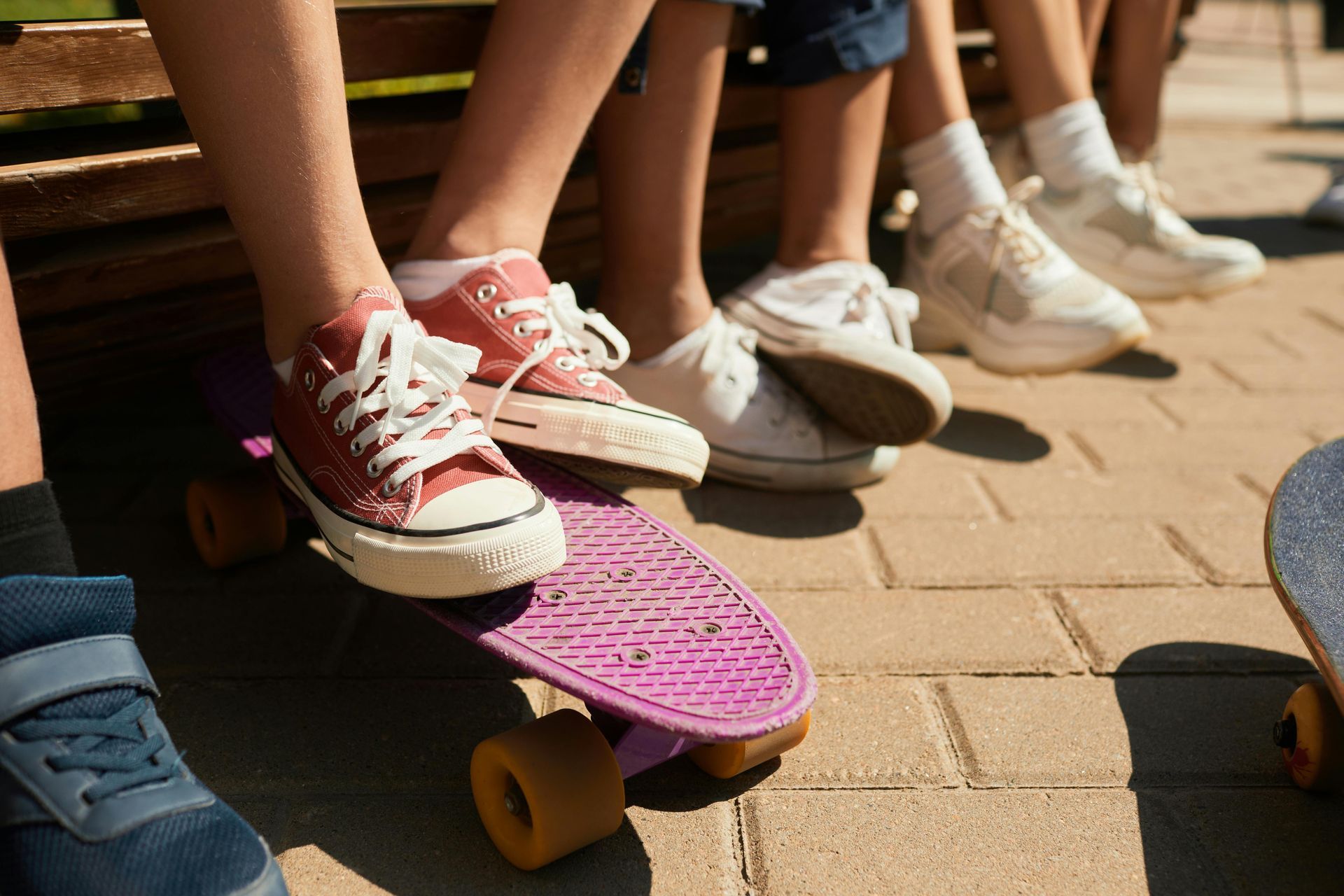
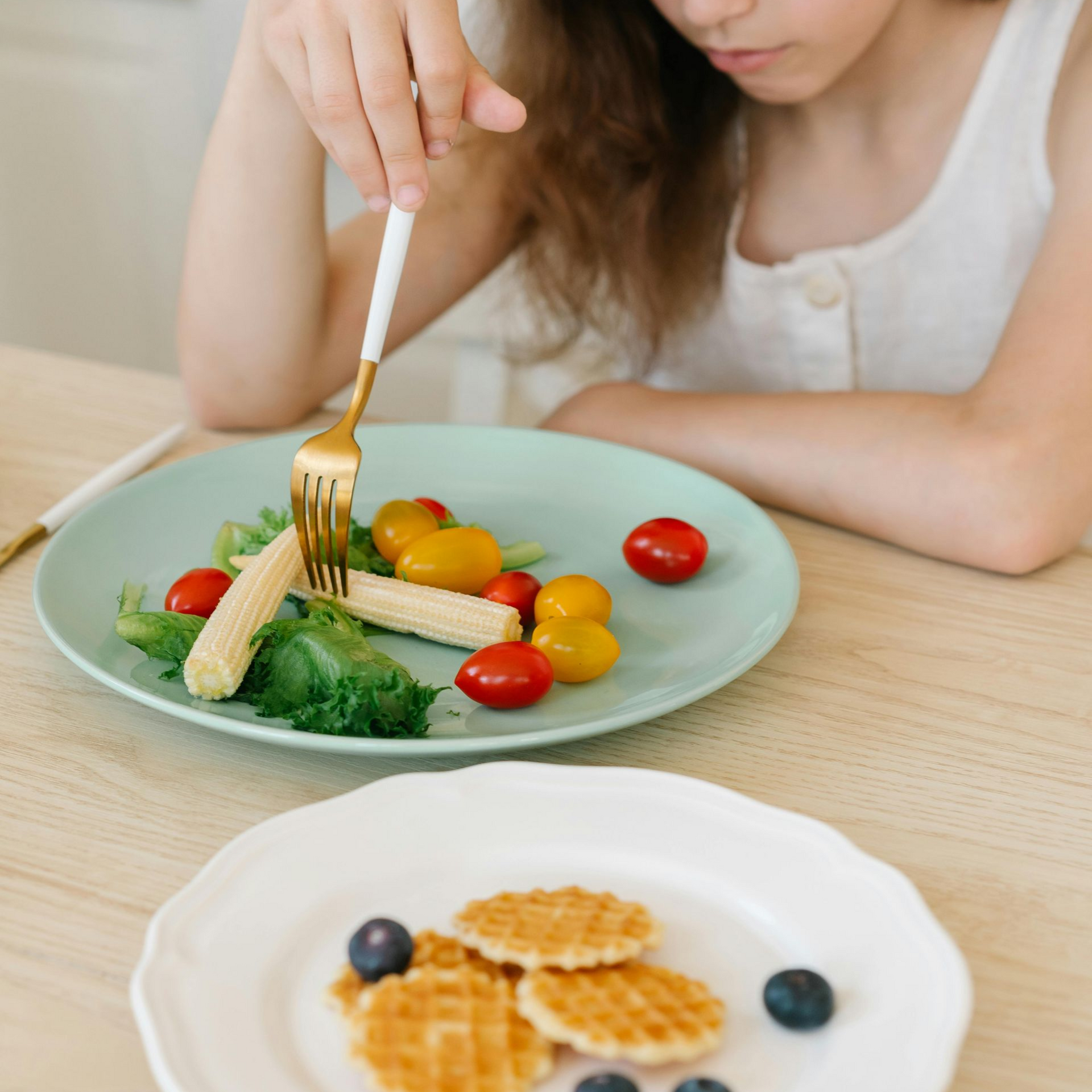

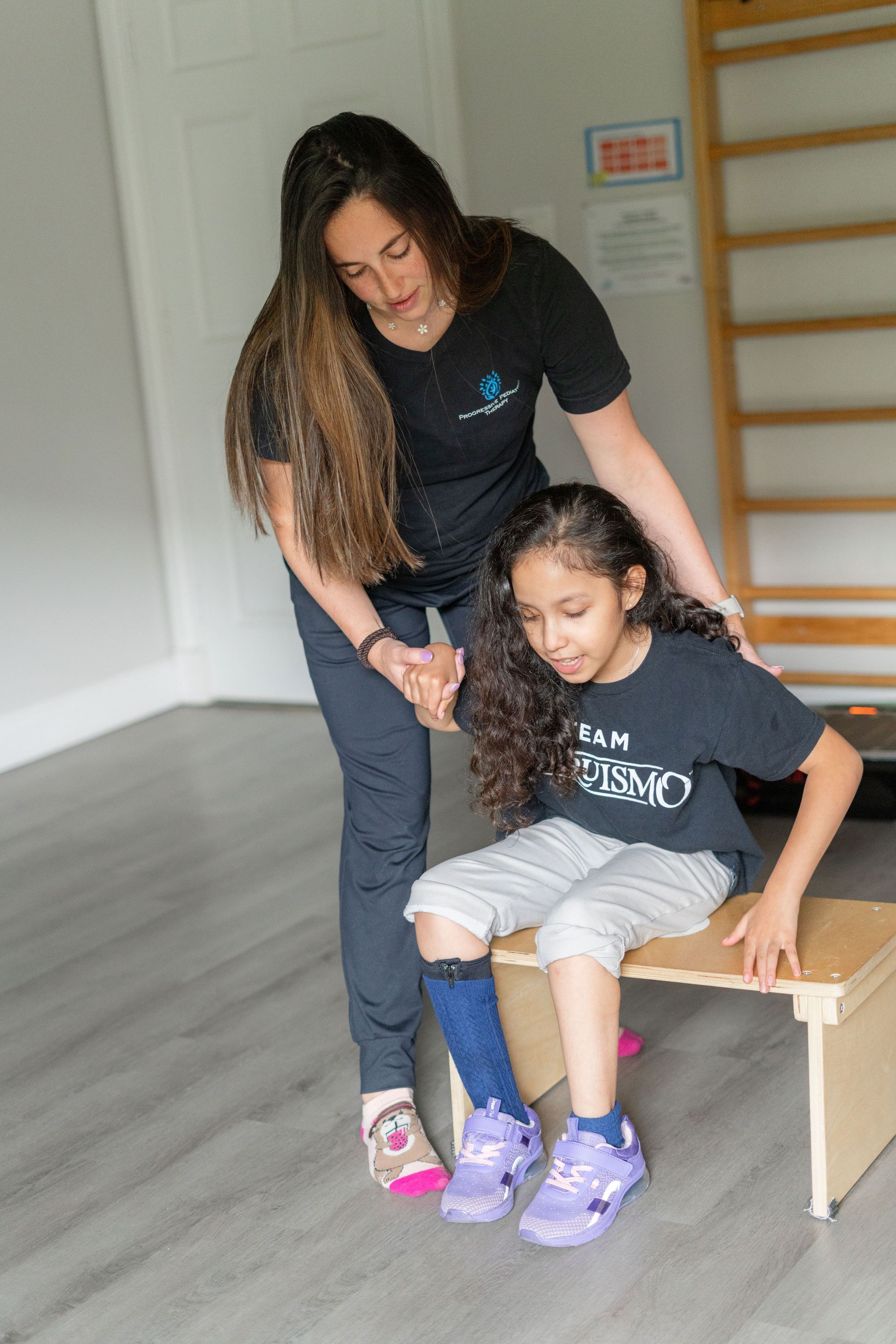
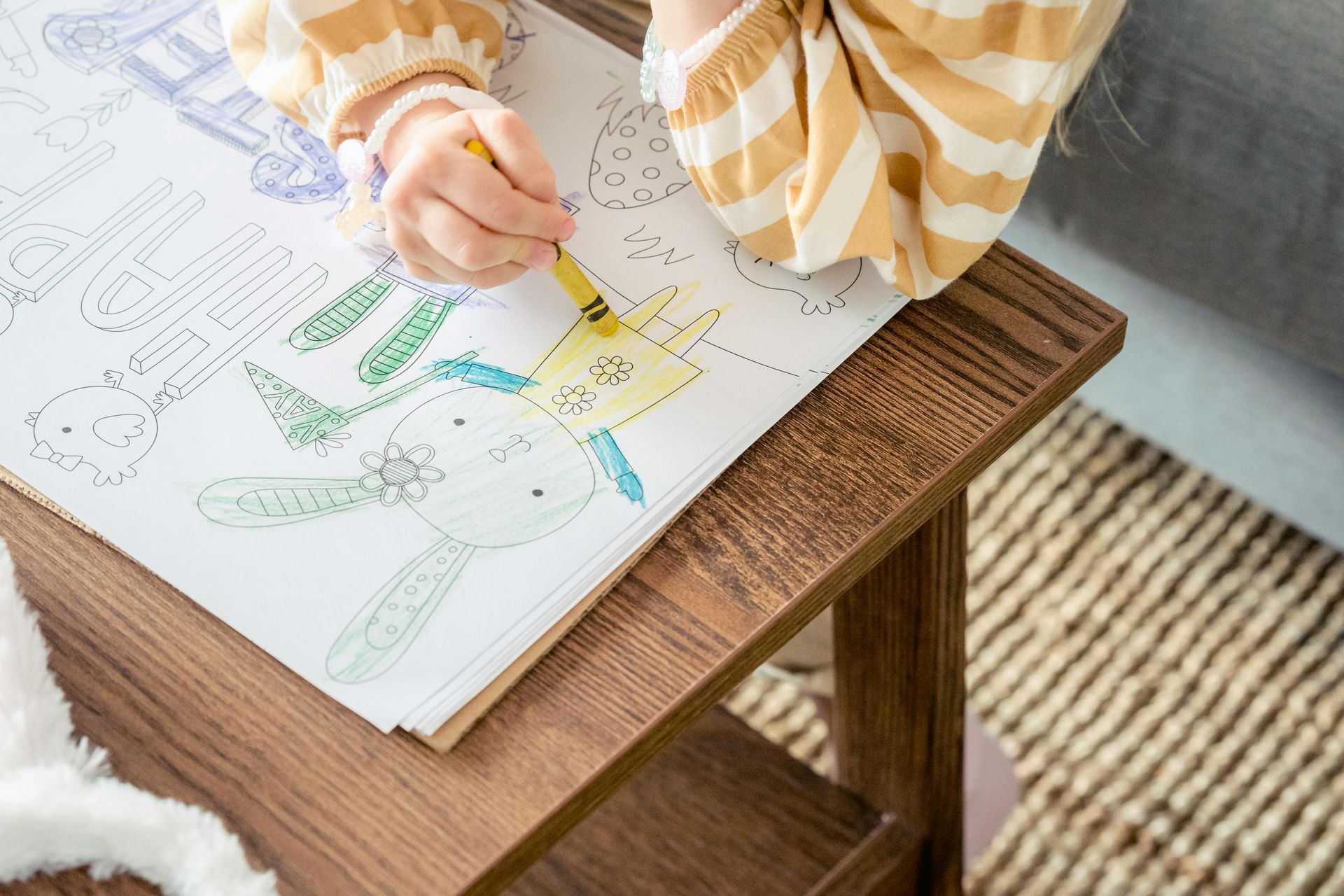
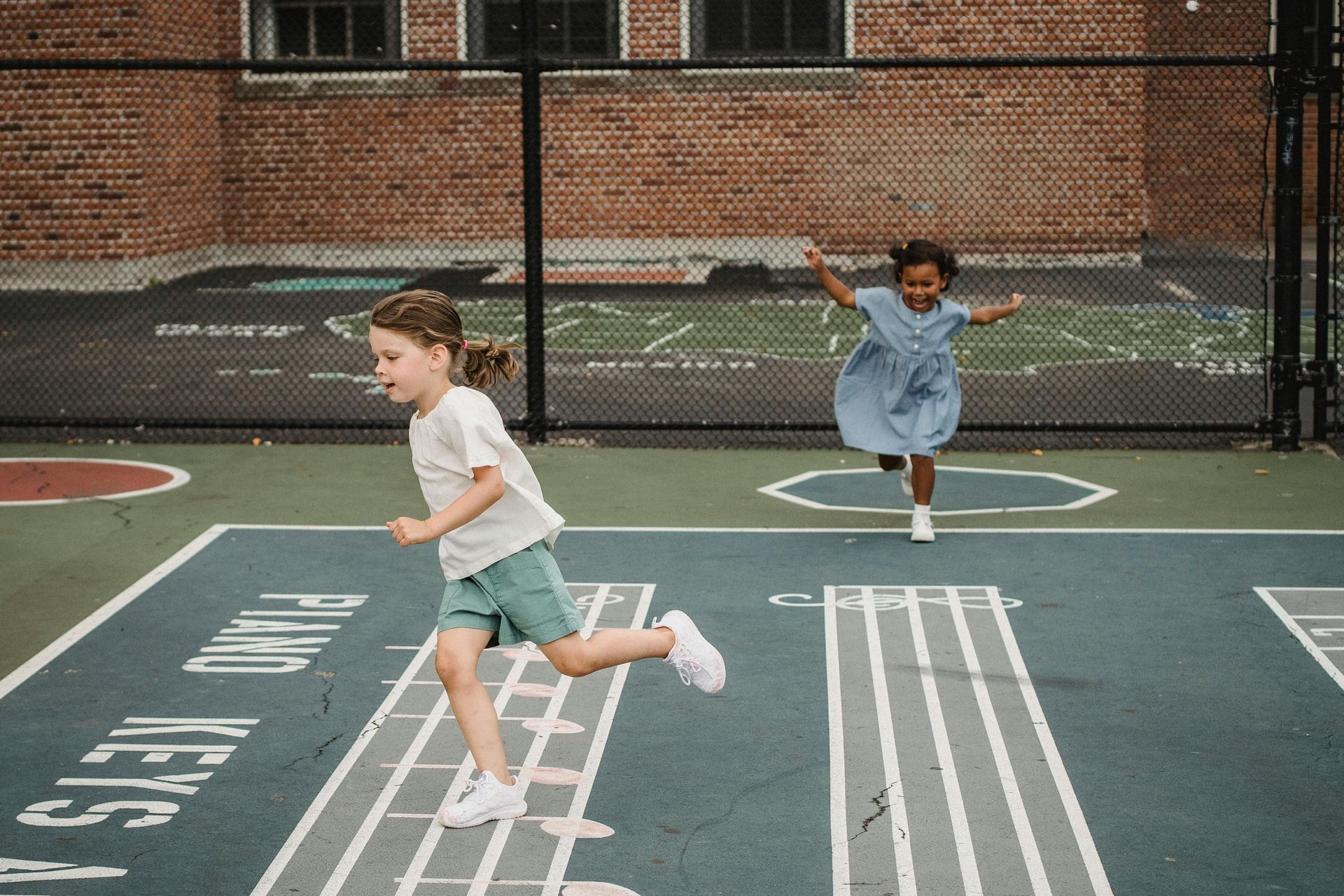
We empower children, families, and the community to learn, grow, and celebrate every child's unique abilities.
Quick Links
Contact Details
Phone: 561-376-2573 | 561-918-0190
Fax: 561-218-4939
VIP Concierge: 561-717-1764
Clinic Locations
All Rights Reserved | Progressive Pediatric Therapy, Inc. | Privacy Policy | Terms of Service
Site by Spearlance